 A central pillar of US President Trump’s protectionist trade policy could be struck down early in the new year, but lawyers and trade experts expect the President to rapidly reconstruct his tariff regime using other legal tools while questions remain about whether companies will be able to secure refunds. …A negative decision would be an indictment of the haphazard way Trump has pushed through his protectionist agenda over the past year, and would create a headache for the US government, which has collected more than US$130-billion in tariff revenue using IEEPA that may need to be refunded. …Dozens of companies have already filed lawsuits in the US Court of International Trade to try to protect their right to a refund or position themselves at the front of the line for one. Canada has less of a stake in the Supreme Court case than some other countries. [to access the full story a Globe & Mail subscription is required]
A central pillar of US President Trump’s protectionist trade policy could be struck down early in the new year, but lawyers and trade experts expect the President to rapidly reconstruct his tariff regime using other legal tools while questions remain about whether companies will be able to secure refunds. …A negative decision would be an indictment of the haphazard way Trump has pushed through his protectionist agenda over the past year, and would create a headache for the US government, which has collected more than US$130-billion in tariff revenue using IEEPA that may need to be refunded. …Dozens of companies have already filed lawsuits in the US Court of International Trade to try to protect their right to a refund or position themselves at the front of the line for one. Canada has less of a stake in the Supreme Court case than some other countries. [to access the full story a Globe & Mail subscription is required]
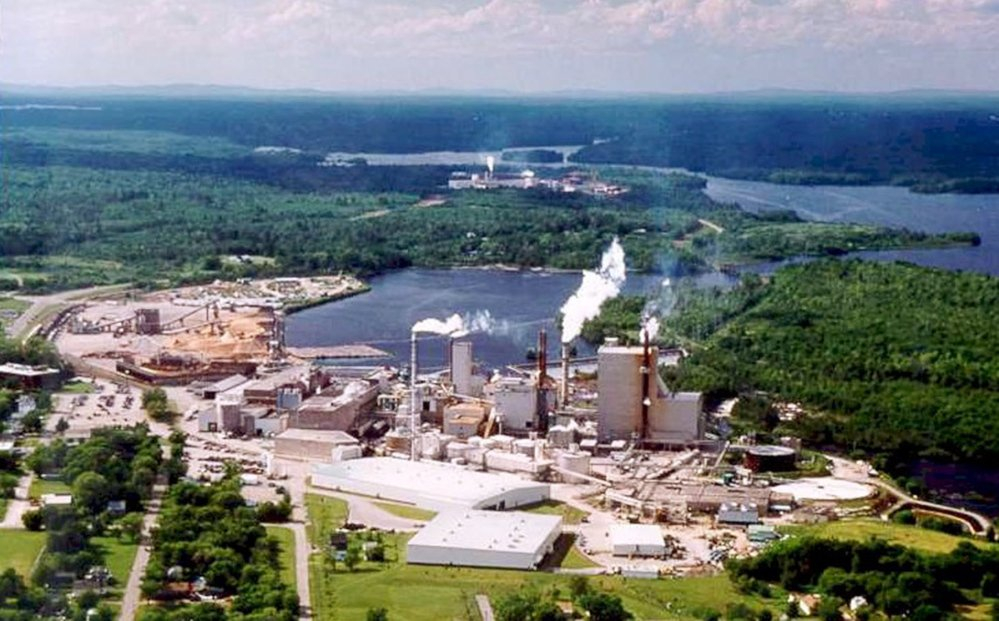 One of Maine’s largest mills is again accepting Canadian wood from New Brunswick, after briefly halting shipments citing the cost of American tariffs. Woodland Pulp in Baileyville, Maine – situated on the banks of the St. Croix River a short drive across the border from St. Stephen – stopped purchases of New Brunswick timber in mid-October in the aftermath of higher US tariffs. Shortly after, it shut down completely for 26 days, citing a challenging global pulp market. That led to the temporary lay off of 144 employees. But now back in operation, Woodland Pulp says its full complement of staff is returning and that the decision was made to restart accepting Canadian fibre, including wood chips. …Spokesperson Scott Beal said it remains unclear how much the mill will purchase from New Brunswick sources going forward.. …Tariffs are paid by the importer. [to access the full story a Telegraph-Journal subscription is required]
One of Maine’s largest mills is again accepting Canadian wood from New Brunswick, after briefly halting shipments citing the cost of American tariffs. Woodland Pulp in Baileyville, Maine – situated on the banks of the St. Croix River a short drive across the border from St. Stephen – stopped purchases of New Brunswick timber in mid-October in the aftermath of higher US tariffs. Shortly after, it shut down completely for 26 days, citing a challenging global pulp market. That led to the temporary lay off of 144 employees. But now back in operation, Woodland Pulp says its full complement of staff is returning and that the decision was made to restart accepting Canadian fibre, including wood chips. …Spokesperson Scott Beal said it remains unclear how much the mill will purchase from New Brunswick sources going forward.. …Tariffs are paid by the importer. [to access the full story a Telegraph-Journal subscription is required]
 President Trump has delayed new tariff increases on upholstered furniture, kitchen cabinets, and vanities for a year, pushing their implementation to 2027, according to a
President Trump has delayed new tariff increases on upholstered furniture, kitchen cabinets, and vanities for a year, pushing their implementation to 2027, according to a 
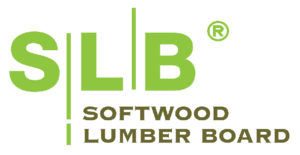 The
The 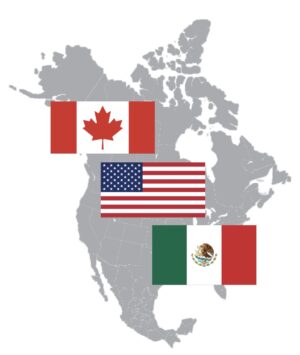 Prime Minister Mark Carney said Canada probably won’t reach a near-term deal with the United States to lower tariffs on sectors such as steel and aluminum, and negotiations are likely to be rolled into next year’s review of the US-Mexico-Canada Agreement. Canada and the US were close to a pact on metals tariffs, but President Donald Trump then terminated talks in October. …“My judgment is that that is now going to roll into the broader CUSMA negotiation, so we’re unlikely, given the time horizons coming together, to have a sectoral agreement,” Carney said on Thursday. “Although if the United States wants to come back on that in those areas, we’re always ready there — we’re very ready.” …Canada is “very ready on forest products to strike an agreement,” the prime minister added. The U.S. has placed roughly 45% duties and taxes on imports of Canadian softwood lumber, to the frustration of US homebuilders.
Prime Minister Mark Carney said Canada probably won’t reach a near-term deal with the United States to lower tariffs on sectors such as steel and aluminum, and negotiations are likely to be rolled into next year’s review of the US-Mexico-Canada Agreement. Canada and the US were close to a pact on metals tariffs, but President Donald Trump then terminated talks in October. …“My judgment is that that is now going to roll into the broader CUSMA negotiation, so we’re unlikely, given the time horizons coming together, to have a sectoral agreement,” Carney said on Thursday. “Although if the United States wants to come back on that in those areas, we’re always ready there — we’re very ready.” …Canada is “very ready on forest products to strike an agreement,” the prime minister added. The U.S. has placed roughly 45% duties and taxes on imports of Canadian softwood lumber, to the frustration of US homebuilders.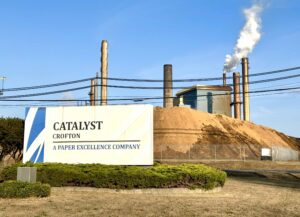 The union representing 350 Crofton mill workers facing layoffs next month wants federal money earmarked for softwood lumber workers to pay for early retirement for some of its members. Geoff Dawe, president of the Public and Private Workers of Canada, said he’s not sure why it’s taken so long for the provincial government to negotiate its share of a $50-million federal fund aimed at supporting softwood lumber workers. The fund is for income support and costs of re-training an estimated 6,000 forestry workers across the country. …Dawe wants some of that $50 million to go toward an early-retirement fund for members who will be out of work when forestry company Domtar starts laying off its Crofton workers on Feb. 3. …Dawe said the provincial and federal governments should bring back a lump-sum payment program for older mill workers that will “leave them some dignity.”
The union representing 350 Crofton mill workers facing layoffs next month wants federal money earmarked for softwood lumber workers to pay for early retirement for some of its members. Geoff Dawe, president of the Public and Private Workers of Canada, said he’s not sure why it’s taken so long for the provincial government to negotiate its share of a $50-million federal fund aimed at supporting softwood lumber workers. The fund is for income support and costs of re-training an estimated 6,000 forestry workers across the country. …Dawe wants some of that $50 million to go toward an early-retirement fund for members who will be out of work when forestry company Domtar starts laying off its Crofton workers on Feb. 3. …Dawe said the provincial and federal governments should bring back a lump-sum payment program for older mill workers that will “leave them some dignity.”

 Premier David Eby will lead a trade mission to India promoting British Columbia’s businesses, critical minerals and sustainable wood products, supporting work to build a more independent economy and creating more good jobs for people in British Columbia. … “India is a key market for B.C. with enormous opportunities for trade. This trade mission is about deepening our relationships, supporting good jobs in B.C. and strengthening our position as the economic engine of the new Canadian economy,” Premier Eby said. As India moves toward becoming the world’s third-largest economy, the Premier will highlight opportunities for sustainable forestry, clean energy and responsible mining through new partnerships that are available only in B.C. …During the mission, from Jan. 12-17, 2026, Premier Eby, along with Ravi Kahlon, Minister of Jobs and Economic Growth, will meet with government and business leaders in major centres of commerce and technology, such as New Delhi, Mumbai, Chandigarh and Bangalore.
Premier David Eby will lead a trade mission to India promoting British Columbia’s businesses, critical minerals and sustainable wood products, supporting work to build a more independent economy and creating more good jobs for people in British Columbia. … “India is a key market for B.C. with enormous opportunities for trade. This trade mission is about deepening our relationships, supporting good jobs in B.C. and strengthening our position as the economic engine of the new Canadian economy,” Premier Eby said. As India moves toward becoming the world’s third-largest economy, the Premier will highlight opportunities for sustainable forestry, clean energy and responsible mining through new partnerships that are available only in B.C. …During the mission, from Jan. 12-17, 2026, Premier Eby, along with Ravi Kahlon, Minister of Jobs and Economic Growth, will meet with government and business leaders in major centres of commerce and technology, such as New Delhi, Mumbai, Chandigarh and Bangalore.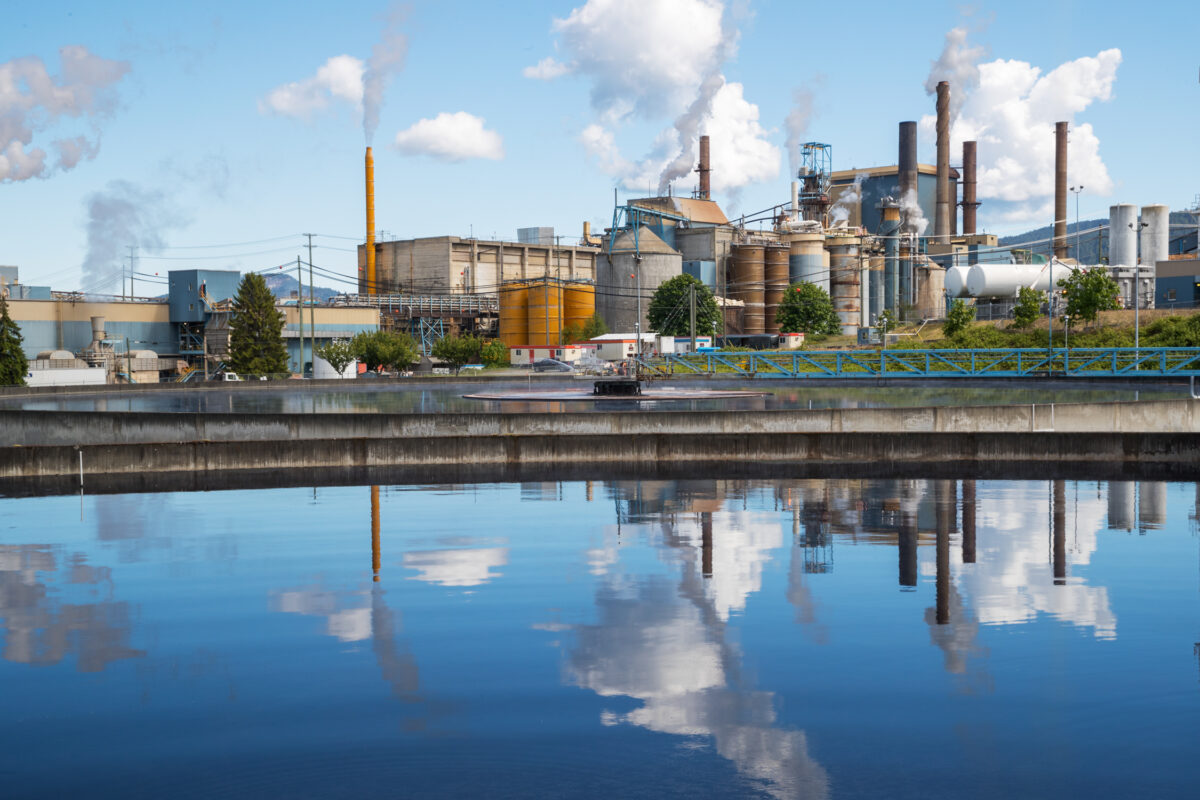
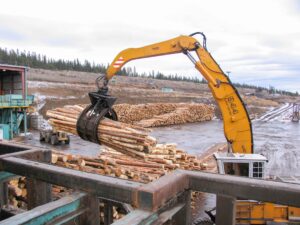 Since 2018, notes forestry watcher David Elstone, the British Columbia government has introduced more than 43 measures, policies, plans, systems, laws, reviews and reports about and affecting the BC forest sector. Meanwhile, there have been a series of closures and curtailments (permanent, temporary or indefinite) of sawmills and pulp mills, and thus workforce reductions. “And the fibre-supply crisis has continued to worsen, and . . . the industry is in far worse condition than ever before.” Elstone’s basic message: “Government has been busy designing change rather than figuring out solutions and moving forward. …Kim Haakstad, CEO of the BC Council of Forest Industries (COFI) echoes the analysis “There’s been a significant amount of change that hasn’t settled itself into the system, and there’s been no look at what regulatory efficiency can be achieved to make processes clearer, more transparent, and more accountable.”
Since 2018, notes forestry watcher David Elstone, the British Columbia government has introduced more than 43 measures, policies, plans, systems, laws, reviews and reports about and affecting the BC forest sector. Meanwhile, there have been a series of closures and curtailments (permanent, temporary or indefinite) of sawmills and pulp mills, and thus workforce reductions. “And the fibre-supply crisis has continued to worsen, and . . . the industry is in far worse condition than ever before.” Elstone’s basic message: “Government has been busy designing change rather than figuring out solutions and moving forward. …Kim Haakstad, CEO of the BC Council of Forest Industries (COFI) echoes the analysis “There’s been a significant amount of change that hasn’t settled itself into the system, and there’s been no look at what regulatory efficiency can be achieved to make processes clearer, more transparent, and more accountable.”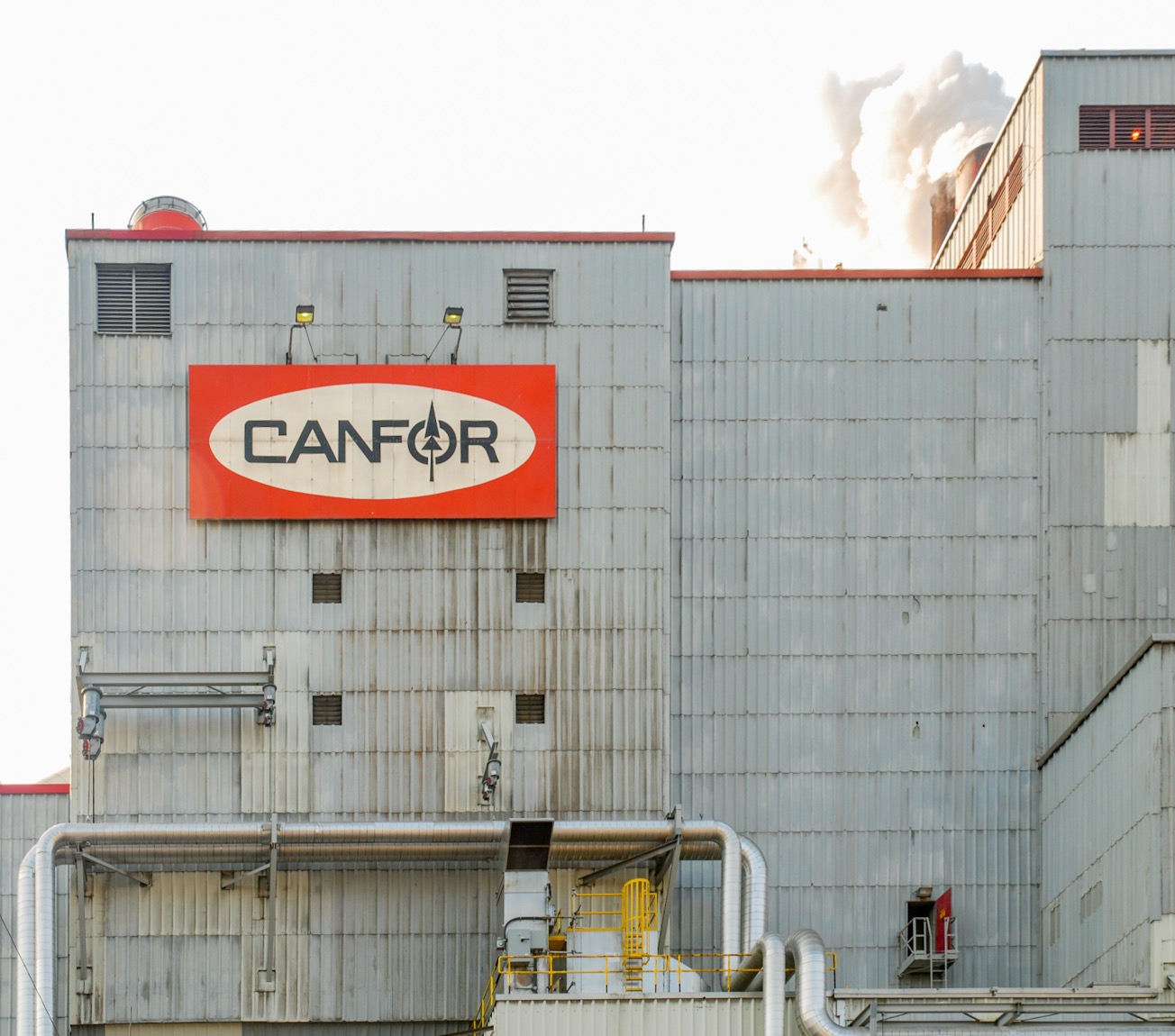 The District of Vanderhoof, says it is now feeling the full financial impacts of Canfor’s 2024 Plateau sawmill closure and is facing a substantial loss of tax revenue for 2026. Canfor closed its sawmills in both Vanderhoof and Fort St. John, B.C., in December of 2024 citing “increasing regulatory complexity, high operating costs and the inability to reliably access economically viable timber.” Kevin Moutray is the mayor of The District of Vanderhoof, says the closure will create a loss of $580,000 in tax revenue equivalent to 11 per cent of its tax base. …Recent closures include the West Fraser’s sawmill in 100 Mile House and Domtar’s permanent closing of its plump mill in Crofton on Vancouver Island. “It’s difficult and sometimes action only happens in a crisis even though you sort of, can see some of it coming,” said Kurt Niquidet, B.C. Lumber Trade Council president and B.C. Council of Forest Industries chief economist.
The District of Vanderhoof, says it is now feeling the full financial impacts of Canfor’s 2024 Plateau sawmill closure and is facing a substantial loss of tax revenue for 2026. Canfor closed its sawmills in both Vanderhoof and Fort St. John, B.C., in December of 2024 citing “increasing regulatory complexity, high operating costs and the inability to reliably access economically viable timber.” Kevin Moutray is the mayor of The District of Vanderhoof, says the closure will create a loss of $580,000 in tax revenue equivalent to 11 per cent of its tax base. …Recent closures include the West Fraser’s sawmill in 100 Mile House and Domtar’s permanent closing of its plump mill in Crofton on Vancouver Island. “It’s difficult and sometimes action only happens in a crisis even though you sort of, can see some of it coming,” said Kurt Niquidet, B.C. Lumber Trade Council president and B.C. Council of Forest Industries chief economist.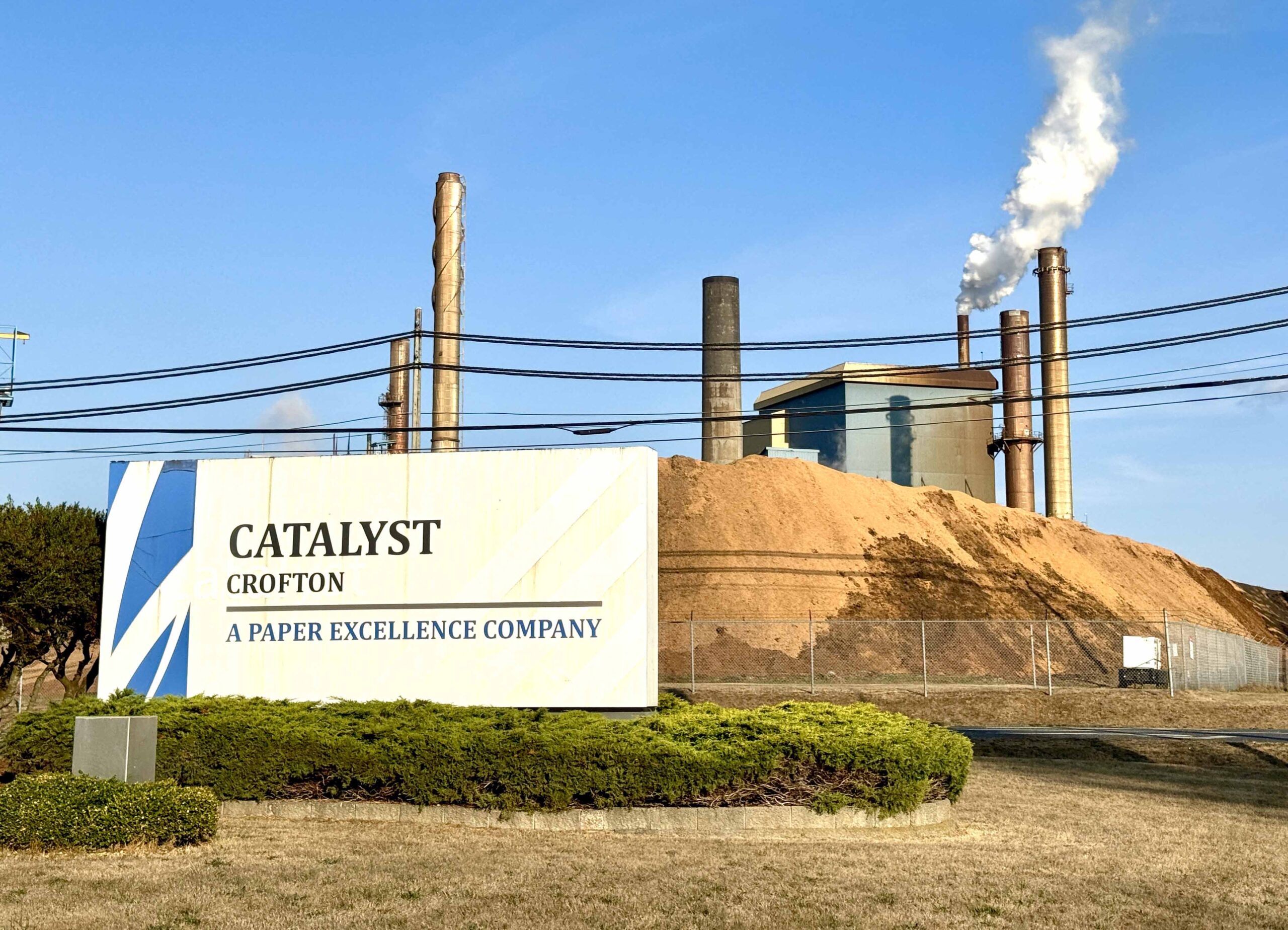 The Municipality of North Cowichan said it is hoping to reopen the Bridging to Retirement Program and lower the eligible age to increase support for workers affected by the Crofton mill closure. Mayor Rob Douglas said he has asked the premier and the minister of forests to work with the federal government to reinstate the program, which was launched in 2021. He said the program is aimed at workers over 55 who do not “relish the idea” of retraining for new careers. “We recognize workers who are in their 50s and 60s are in a tough spot and are able to access pensions,” Douglas said. “For obvious reasons some aren’t too excited about going back and getting retrained to work in a whole different field.” …Douglas said the decision rests with the province and there is no definitive timeline for when workers or the municipality could see results.
The Municipality of North Cowichan said it is hoping to reopen the Bridging to Retirement Program and lower the eligible age to increase support for workers affected by the Crofton mill closure. Mayor Rob Douglas said he has asked the premier and the minister of forests to work with the federal government to reinstate the program, which was launched in 2021. He said the program is aimed at workers over 55 who do not “relish the idea” of retraining for new careers. “We recognize workers who are in their 50s and 60s are in a tough spot and are able to access pensions,” Douglas said. “For obvious reasons some aren’t too excited about going back and getting retrained to work in a whole different field.” …Douglas said the decision rests with the province and there is no definitive timeline for when workers or the municipality could see results.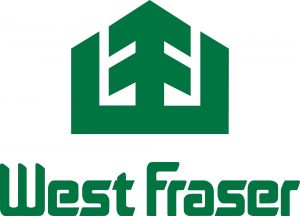 SUNDRE, Alberta – The general manager of what will soon become the former West Fraser – Sundre Forest Products said there will be no impact on staff or operations amid a corporate reorganizing. According to a December letter to vendors, West Fraser is “undertaking an internal corporate reorganization, whereby Blue Ridge Lumber, Spray Lake Sawmills, Crowsnest Forest Products, Sundre Forest Products, and Manning Forest Products will be amalgamated into one company and renamed West Fraser Alberta Wood Products Ltd.” The new entity is to remain a wholly-owned subsidiary of West Fraser Mills Ltd., and the amalgamation and rebranding will be effective as of end of day on Dec. 31. “There’s zero impact to operations,” said Jason Foote. “This restructure is administrative”.
SUNDRE, Alberta – The general manager of what will soon become the former West Fraser – Sundre Forest Products said there will be no impact on staff or operations amid a corporate reorganizing. According to a December letter to vendors, West Fraser is “undertaking an internal corporate reorganization, whereby Blue Ridge Lumber, Spray Lake Sawmills, Crowsnest Forest Products, Sundre Forest Products, and Manning Forest Products will be amalgamated into one company and renamed West Fraser Alberta Wood Products Ltd.” The new entity is to remain a wholly-owned subsidiary of West Fraser Mills Ltd., and the amalgamation and rebranding will be effective as of end of day on Dec. 31. “There’s zero impact to operations,” said Jason Foote. “This restructure is administrative”.

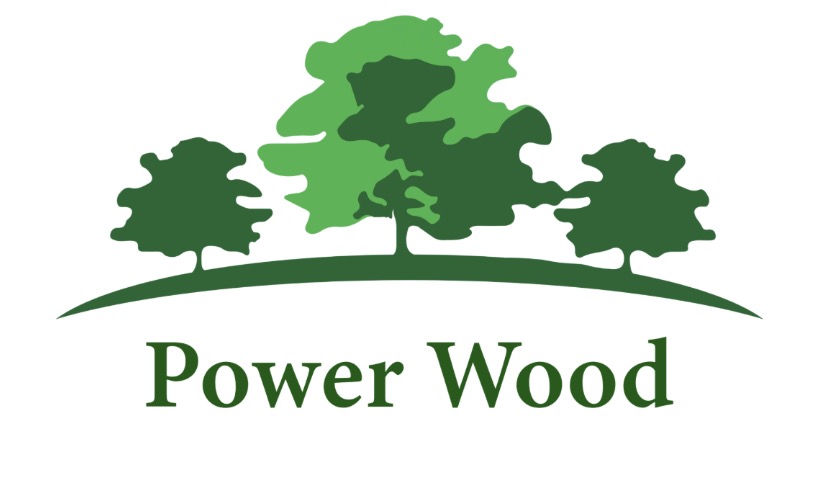 MACKENZIE COUNTY, Alberta — An agreement with Calgary-based PowerWood Canada Corp. will bring two new wood pellet manufacturing facilities to the Mackenzie County region in Northern Alberta, Canada. Josh Knelsen, Mackenzie County Reeve, announced Dec. 23 the agreement. “This is a leading-edge, first-of-its-kind project in Canada that turns wildfire-damaged wood into clean energy and helps reduce reliance on coal,” said Knelsen. The two facilities represent the potential for up to 300 direct jobs,” with many more across forestry, construction, transportation, and local businesses. …Construction on two sites is expected to begin by mid-2026. …The facilities will also see the introduction of Canada’s first steam explosion pellet production process – developed by leading industrial systems engineers Valmet and capable of producing black wood biofuel pellets with 94% less carbon release than coal. …PowerWood Canada plans to open a second Alberta plant and has developed expansion plans for further plants in New Brunswick and Nova Scotia.
MACKENZIE COUNTY, Alberta — An agreement with Calgary-based PowerWood Canada Corp. will bring two new wood pellet manufacturing facilities to the Mackenzie County region in Northern Alberta, Canada. Josh Knelsen, Mackenzie County Reeve, announced Dec. 23 the agreement. “This is a leading-edge, first-of-its-kind project in Canada that turns wildfire-damaged wood into clean energy and helps reduce reliance on coal,” said Knelsen. The two facilities represent the potential for up to 300 direct jobs,” with many more across forestry, construction, transportation, and local businesses. …Construction on two sites is expected to begin by mid-2026. …The facilities will also see the introduction of Canada’s first steam explosion pellet production process – developed by leading industrial systems engineers Valmet and capable of producing black wood biofuel pellets with 94% less carbon release than coal. …PowerWood Canada plans to open a second Alberta plant and has developed expansion plans for further plants in New Brunswick and Nova Scotia.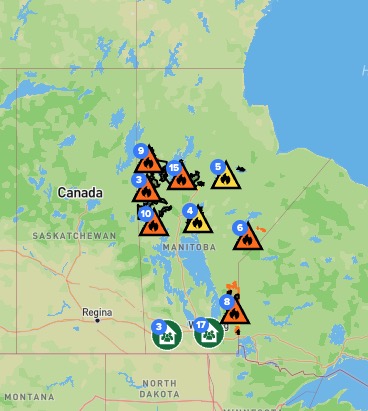 Manitobans should expect higher cabin and home insurance premiums in 2026, one expert says, after a 2025 fire season that destroyed at least 130 properties in the province and forced more than 32,000 people to leave their communities. Owners may also encounter new caps on payouts or exclusions in their policies that won’t cover certain hazards or parts of a property, or may find insurers will not provide coverage at all, said Jason Thistlethwaite, an assistant professor at the University of Waterloo’s school of environment, enterprise and development. “Insurance is a business, and they’re going to be looking to recoup those losses,” said Thistlethwaite, who studies the economic impacts of climate risk and natural disasters.
Manitobans should expect higher cabin and home insurance premiums in 2026, one expert says, after a 2025 fire season that destroyed at least 130 properties in the province and forced more than 32,000 people to leave their communities. Owners may also encounter new caps on payouts or exclusions in their policies that won’t cover certain hazards or parts of a property, or may find insurers will not provide coverage at all, said Jason Thistlethwaite, an assistant professor at the University of Waterloo’s school of environment, enterprise and development. “Insurance is a business, and they’re going to be looking to recoup those losses,” said Thistlethwaite, who studies the economic impacts of climate risk and natural disasters.

 Nine more forestry companies are being supported to modernize, innovate and diversify their product lines and fibre sources to make more high-value, made-in-BC products, and help protect and create jobs. “It’s no secret our forestry sector is facing many challenges, making these investments timely,” said Minister of Forests, Ravi Parmar. …Through the BC Manufacturing Jobs Fund, the Province is contributing $2.5 million to plan or complete capital projects. For example, Canadian Bavarian Millwork and Lumber in Chemainus will receive as much as $1.4 million to help build its new facility. …Additional investments include:
Nine more forestry companies are being supported to modernize, innovate and diversify their product lines and fibre sources to make more high-value, made-in-BC products, and help protect and create jobs. “It’s no secret our forestry sector is facing many challenges, making these investments timely,” said Minister of Forests, Ravi Parmar. …Through the BC Manufacturing Jobs Fund, the Province is contributing $2.5 million to plan or complete capital projects. For example, Canadian Bavarian Millwork and Lumber in Chemainus will receive as much as $1.4 million to help build its new facility. …Additional investments include: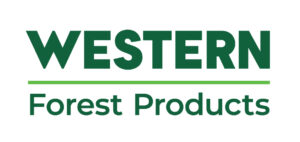 CHEMAINUS, BC — Western Forest Products’ value-added division in Chemainus is receiving up to $7.5 million from the province to add two new continuous dry kilns to its manufacturing operations. The investment, from the province’s BC Manufacturing Jobs Fund, will allow WFP’s facility on River Road to expand the production of high-value products and create new opportunities for second-growth hemlock to produce higher-value products, as well as increasing the stability of the forest company’s operations on Vancouver Island. Minister of Jobs and Economic Growth Ravi Kahlon and Forest Minister Ravi Parmar joined Steven Hofer, CEO of WFP, to make the funding announcement, which is expected to strengthen Vancouver Island’s manufacturing sector. In addition, the ministers announced that
CHEMAINUS, BC — Western Forest Products’ value-added division in Chemainus is receiving up to $7.5 million from the province to add two new continuous dry kilns to its manufacturing operations. The investment, from the province’s BC Manufacturing Jobs Fund, will allow WFP’s facility on River Road to expand the production of high-value products and create new opportunities for second-growth hemlock to produce higher-value products, as well as increasing the stability of the forest company’s operations on Vancouver Island. Minister of Jobs and Economic Growth Ravi Kahlon and Forest Minister Ravi Parmar joined Steven Hofer, CEO of WFP, to make the funding announcement, which is expected to strengthen Vancouver Island’s manufacturing sector. In addition, the ministers announced that 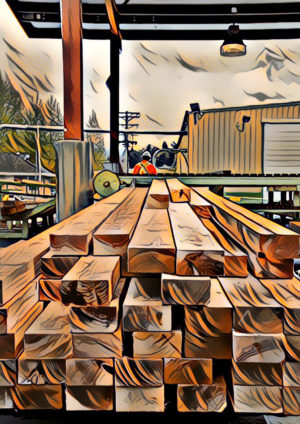 The Scierie St-Elzéar in Quebec, Canada, isn’t just a lumber mill; it’s a glimpse into the future of forestry. A $32.7 million investment in modernization, particularly in artificial intelligence (AI) and automation, is transforming the 80-year-old cooperative into a highly efficient, technologically advanced operation. …The core driver behind this shift is a growing labor shortage. …The St-Elzéar mill has reduced the number of personnel needed for planing operations from 16 to 8, while tripling productivity and boosting product quality by nearly 50%. This isn’t about replacing workers; it’s about shifting their roles. …The integration of AI isn’t limited to a single process. At Scierie St-Elzéar, AI-powered systems now identify wood species, allowing for the creation of more homogenous lumber batches for drying – a critical step in quality control.
The Scierie St-Elzéar in Quebec, Canada, isn’t just a lumber mill; it’s a glimpse into the future of forestry. A $32.7 million investment in modernization, particularly in artificial intelligence (AI) and automation, is transforming the 80-year-old cooperative into a highly efficient, technologically advanced operation. …The core driver behind this shift is a growing labor shortage. …The St-Elzéar mill has reduced the number of personnel needed for planing operations from 16 to 8, while tripling productivity and boosting product quality by nearly 50%. This isn’t about replacing workers; it’s about shifting their roles. …The integration of AI isn’t limited to a single process. At Scierie St-Elzéar, AI-powered systems now identify wood species, allowing for the creation of more homogenous lumber batches for drying – a critical step in quality control. 

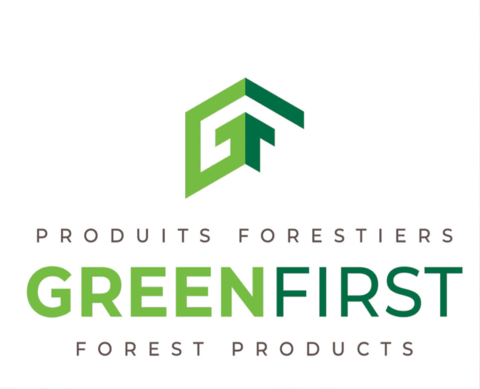
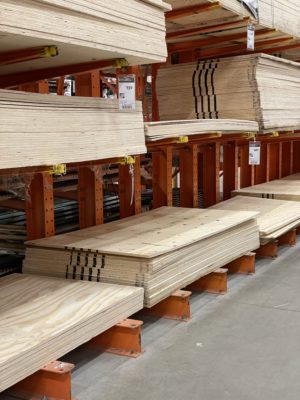 Plywood importer InterGlobal Forest, which is seeking a rehearing of its case challenging CBP’s finding that it evaded antidumping and countervailing duties on plywood from China,
Plywood importer InterGlobal Forest, which is seeking a rehearing of its case challenging CBP’s finding that it evaded antidumping and countervailing duties on plywood from China, 
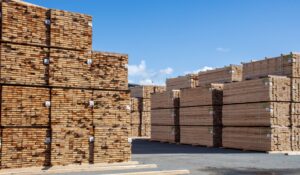 The Court of International Trade on Dec. 18 again
The Court of International Trade on Dec. 18 again 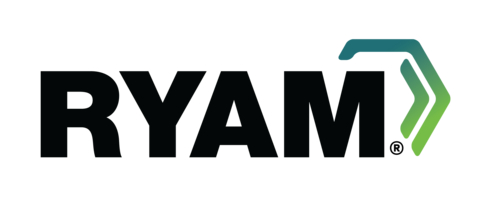
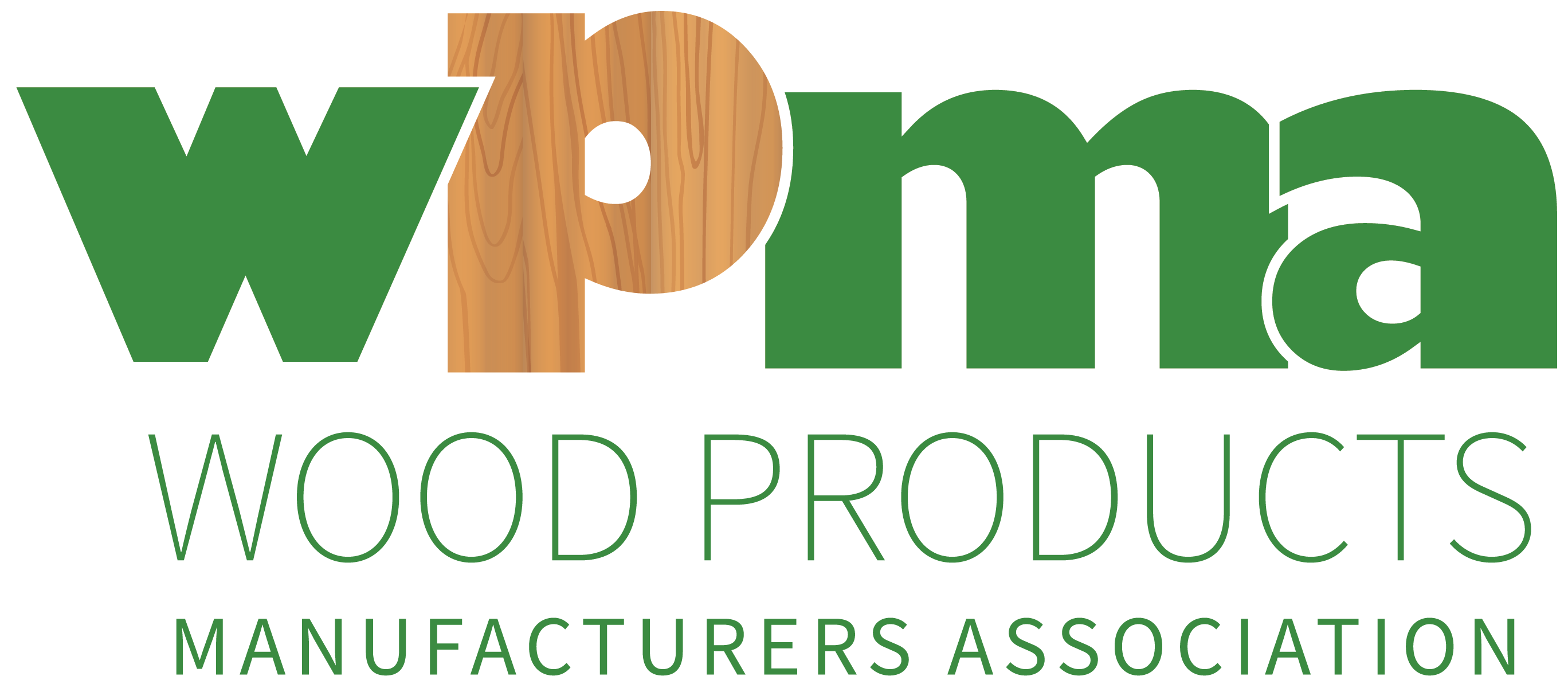
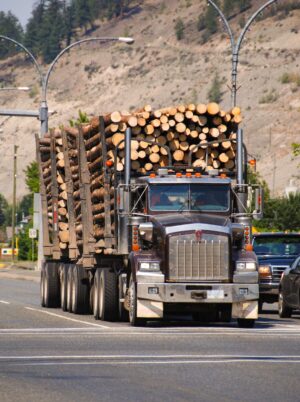 Maine timber companies are in line to receive substantial incentives to manage forests and grow healthier, more valuable trees. A $32 million award to the New England Forestry Foundation was recently finalized by the US Department of Agriculture. The funding package, through the Advancing Markets for Producers initiative, replaces similar funding provided under the “climate smart commodities” program. While there are some adjustments to the program, it achieves the same purpose, according to the foundation Deputy Director Andi Colnes. The grant will largely subsidize commercial and pre-commercial thinning, Colnes said. It will also provide funding to expand market opportunities, particularly for mass timber construction, she added. …According to Colnes, the program is able to cover about 50,000 acres of New England forests, mostly commercial timberland in Maine. The foundation said 23 commercial, conservation and public forest owners are already enrolled in the project.
Maine timber companies are in line to receive substantial incentives to manage forests and grow healthier, more valuable trees. A $32 million award to the New England Forestry Foundation was recently finalized by the US Department of Agriculture. The funding package, through the Advancing Markets for Producers initiative, replaces similar funding provided under the “climate smart commodities” program. While there are some adjustments to the program, it achieves the same purpose, according to the foundation Deputy Director Andi Colnes. The grant will largely subsidize commercial and pre-commercial thinning, Colnes said. It will also provide funding to expand market opportunities, particularly for mass timber construction, she added. …According to Colnes, the program is able to cover about 50,000 acres of New England forests, mostly commercial timberland in Maine. The foundation said 23 commercial, conservation and public forest owners are already enrolled in the project. NORTH CAROLINA — After reviewing public comments, the
NORTH CAROLINA — After reviewing public comments, the 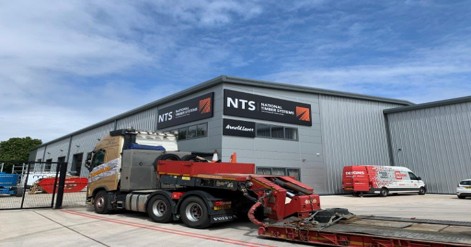
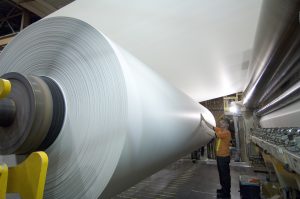 China’s pulp and paper sector is witnessing transformative growth with Huatai Group’s announcement of its monumental 16-billion-yuan investment in a fully integrated forest-pulp-paper project located in Yulin, Guangxi.
China’s pulp and paper sector is witnessing transformative growth with Huatai Group’s announcement of its monumental 16-billion-yuan investment in a fully integrated forest-pulp-paper project located in Yulin, Guangxi.